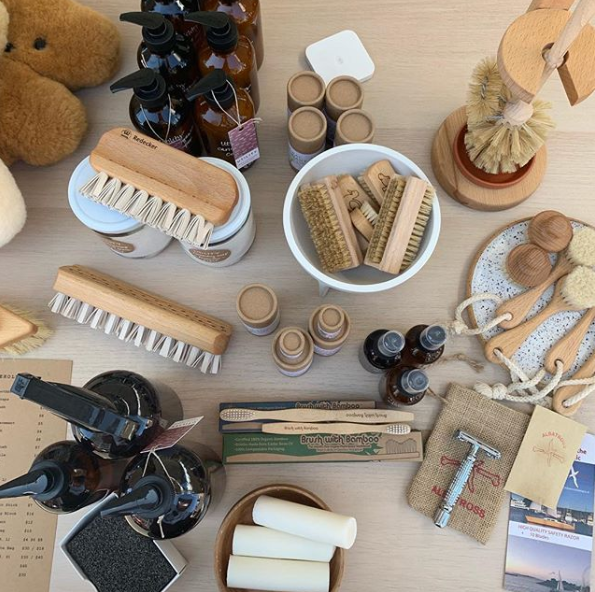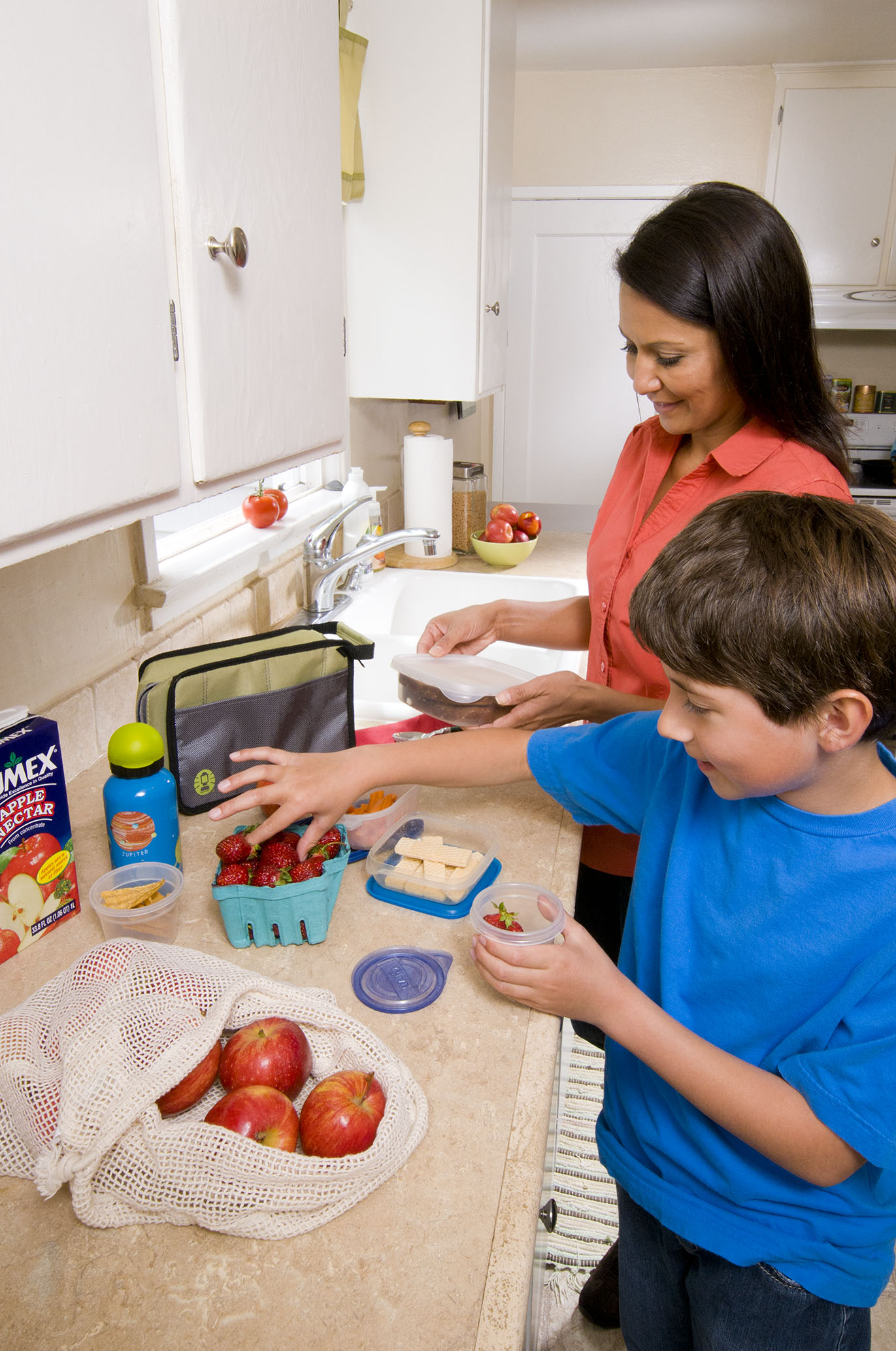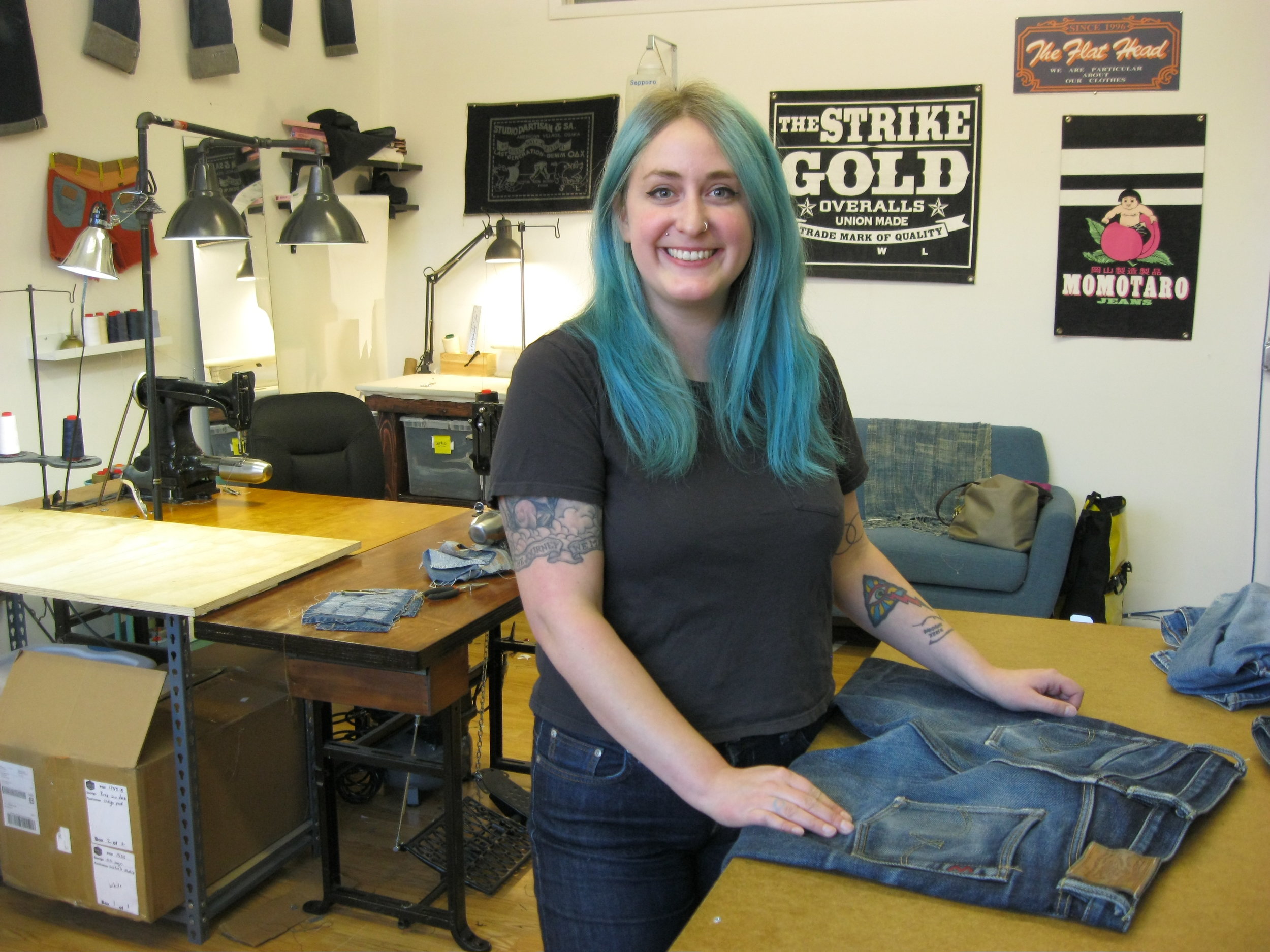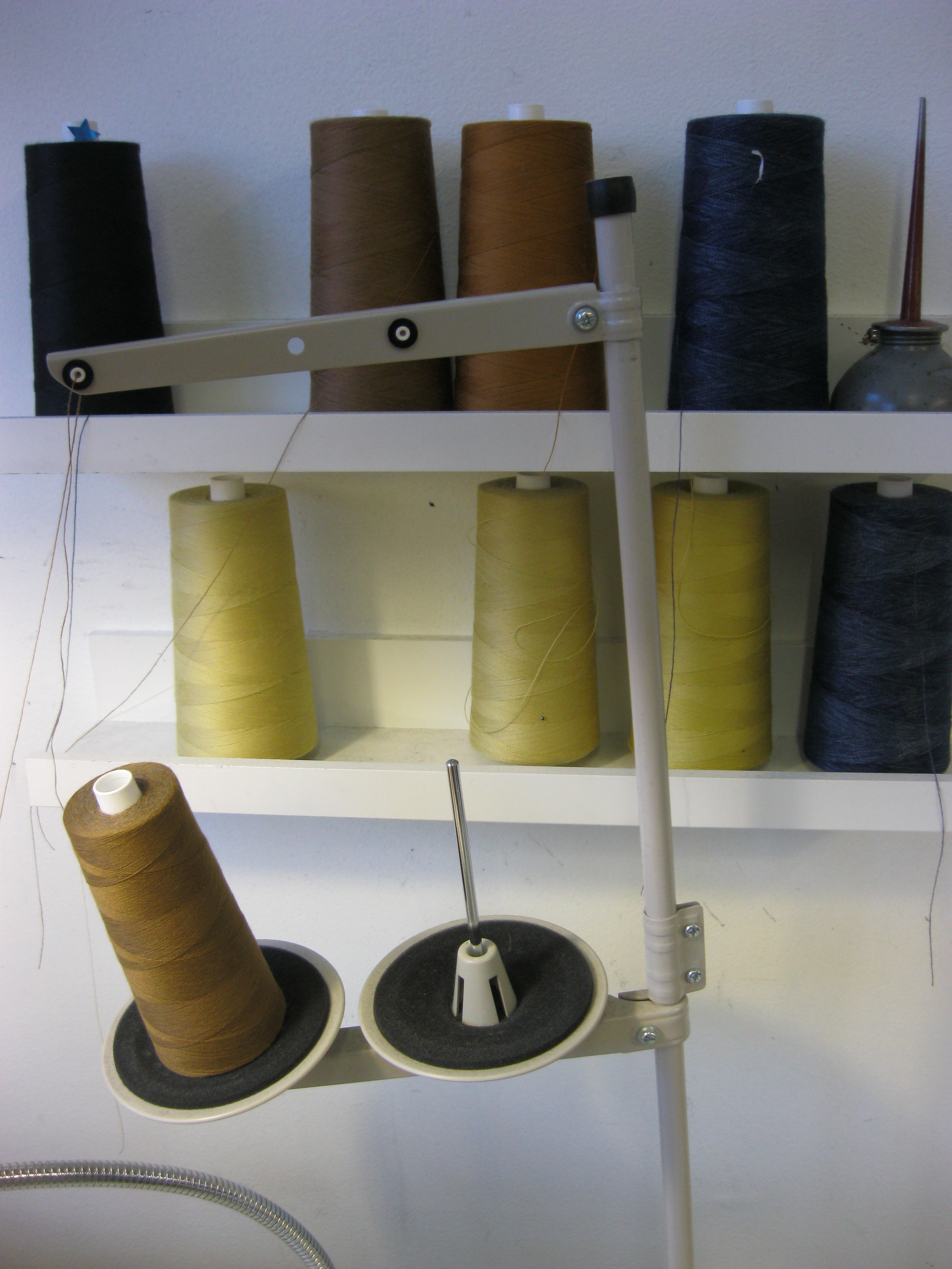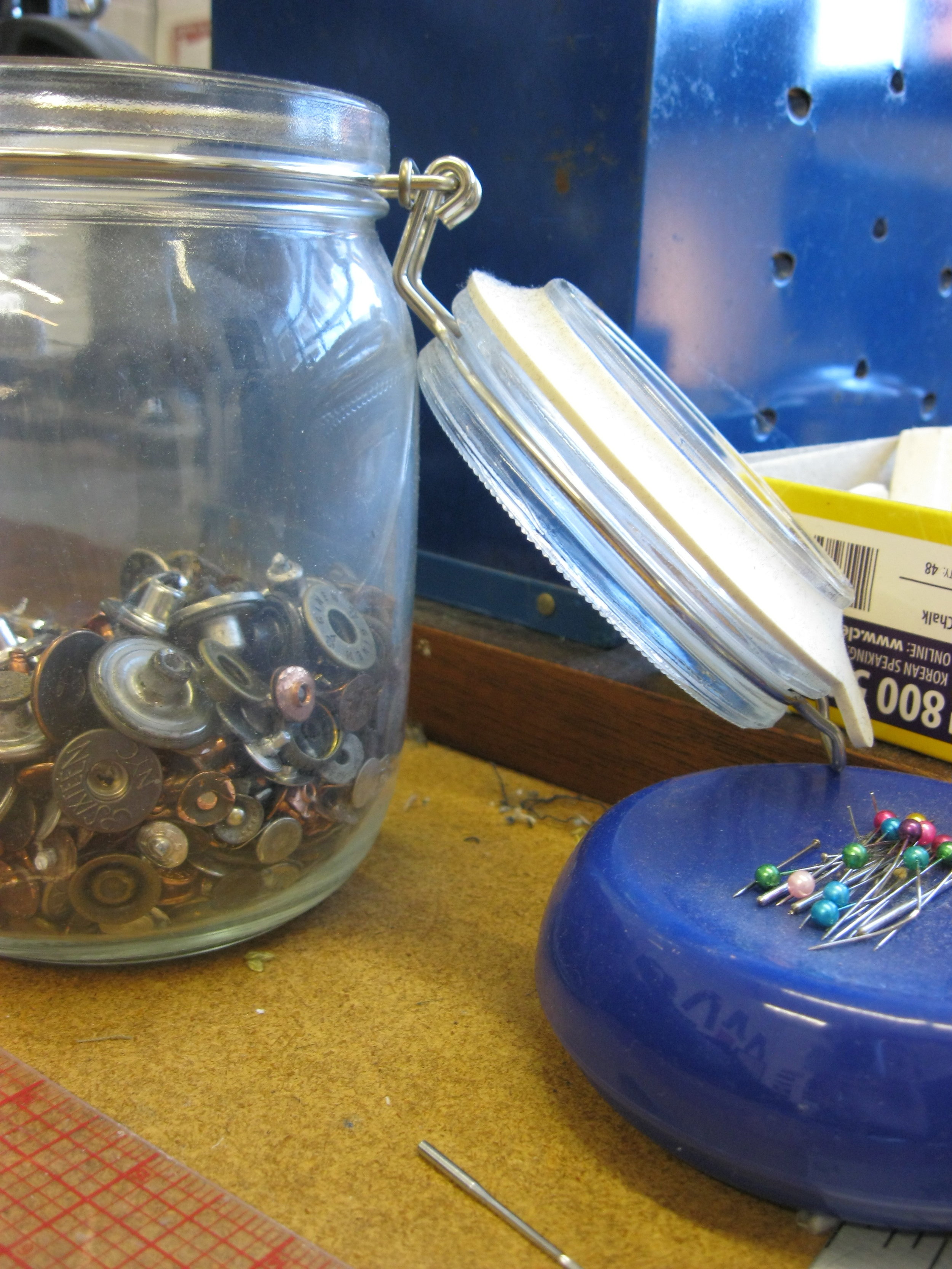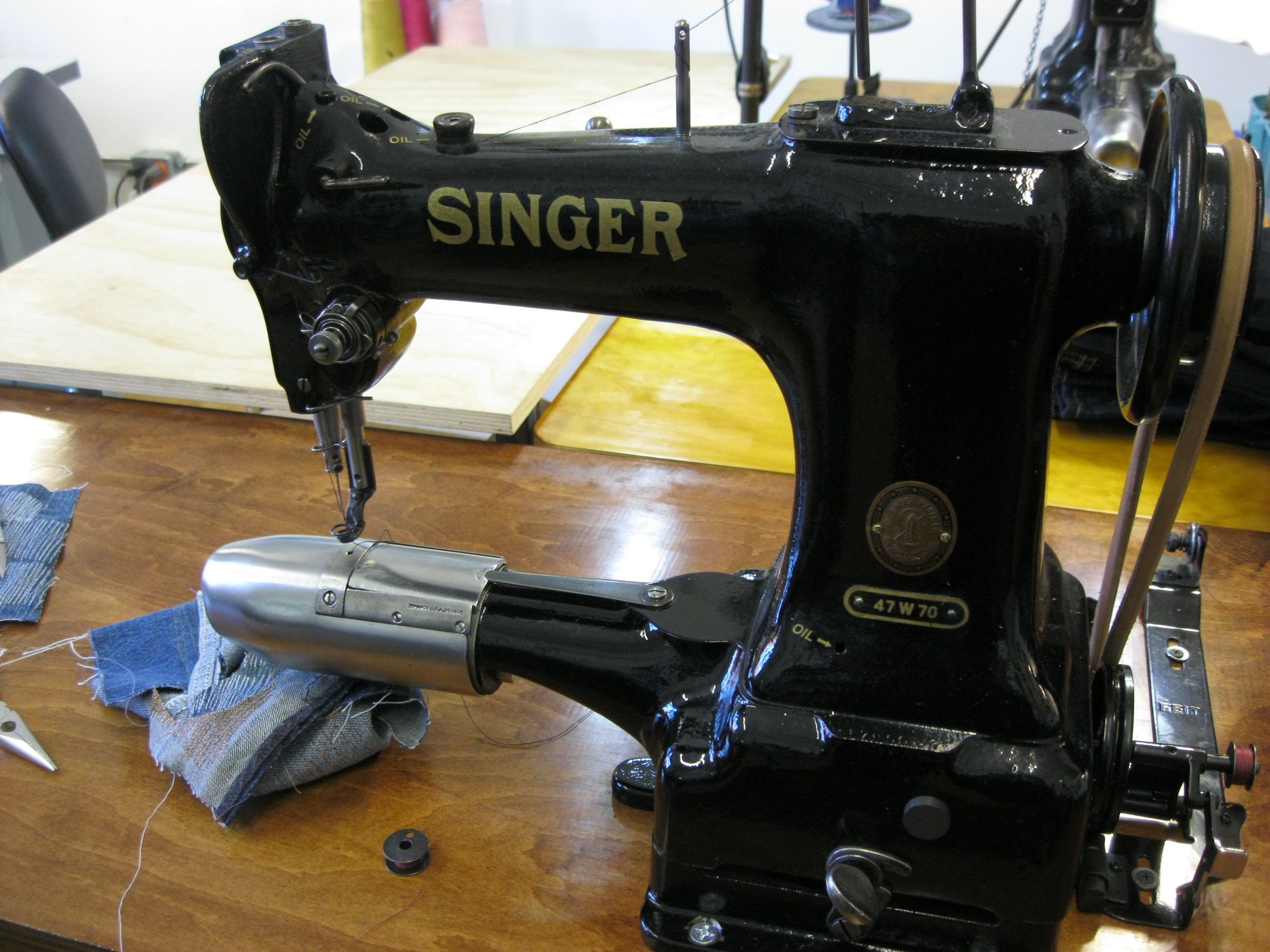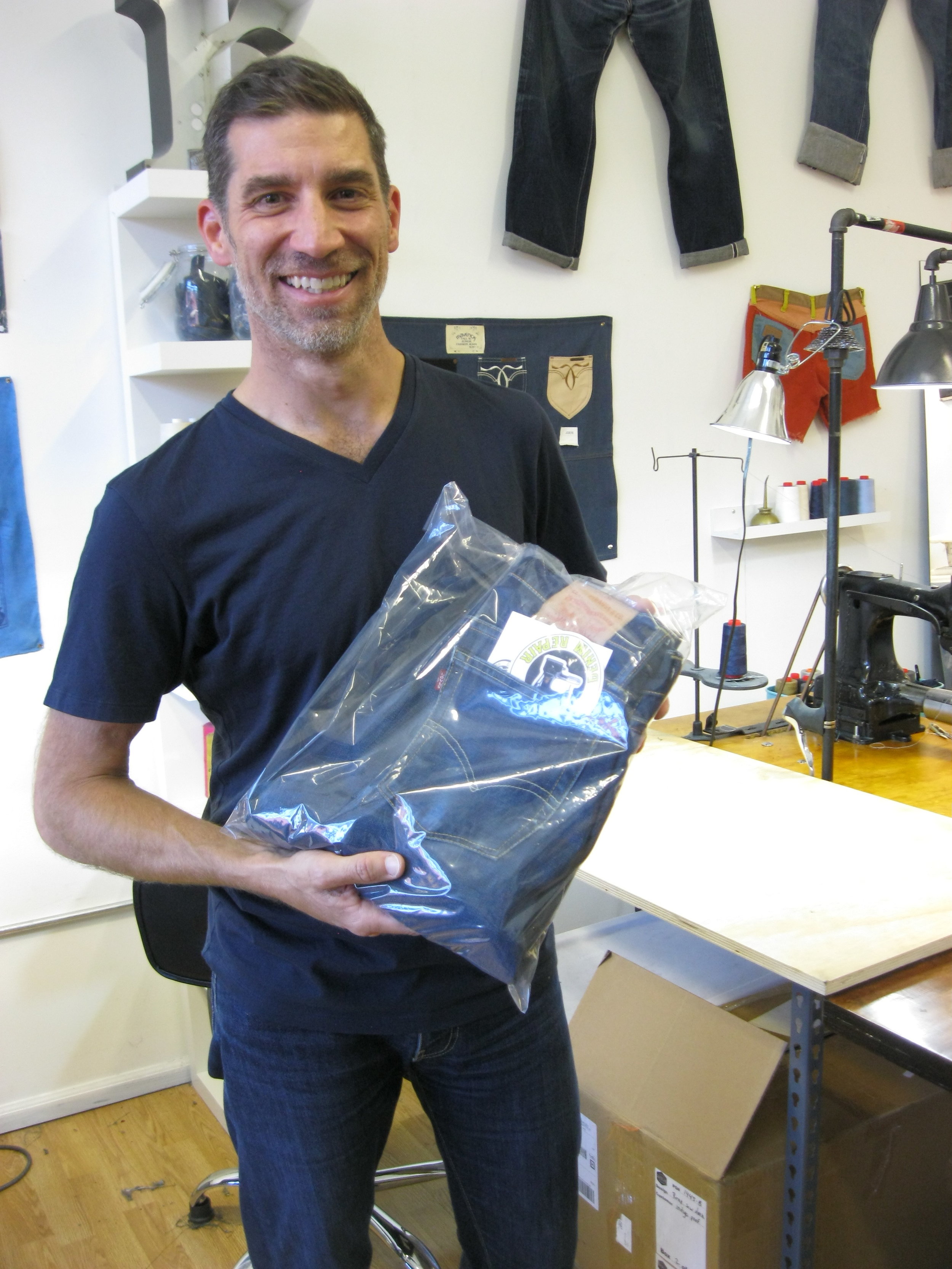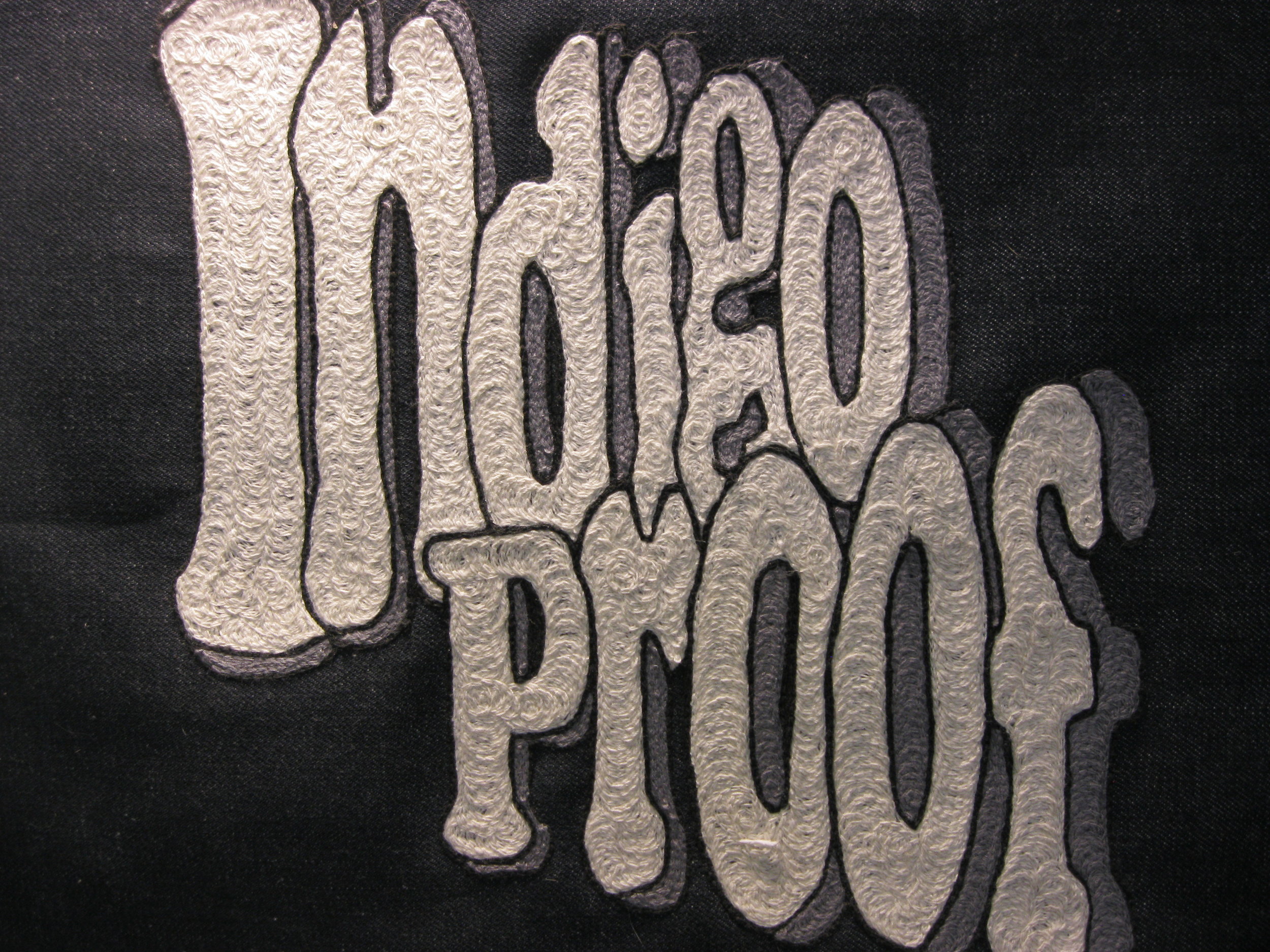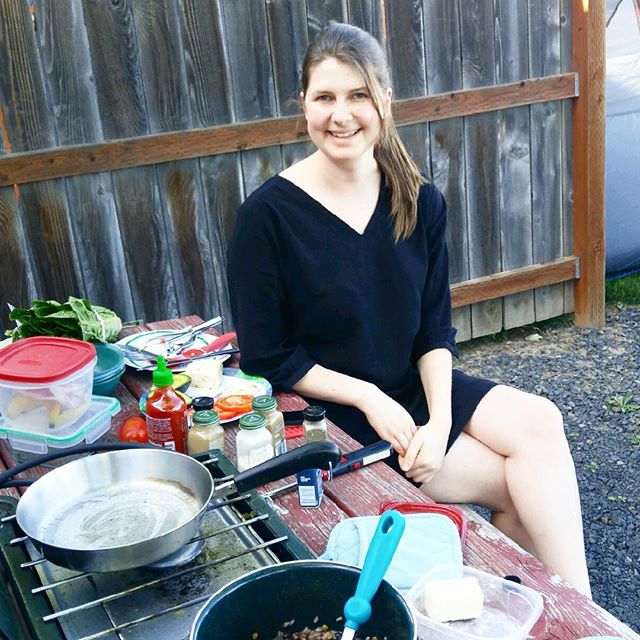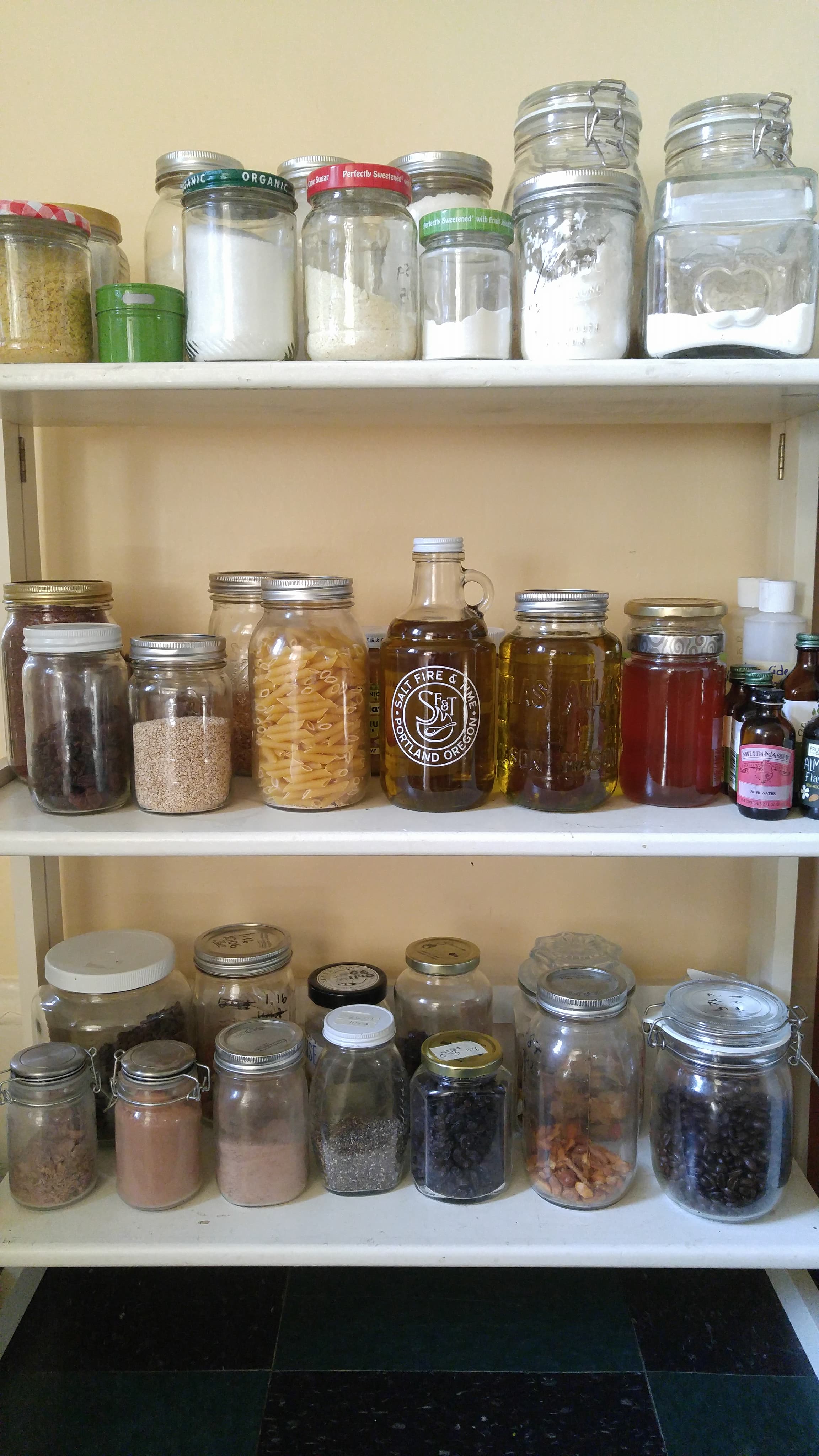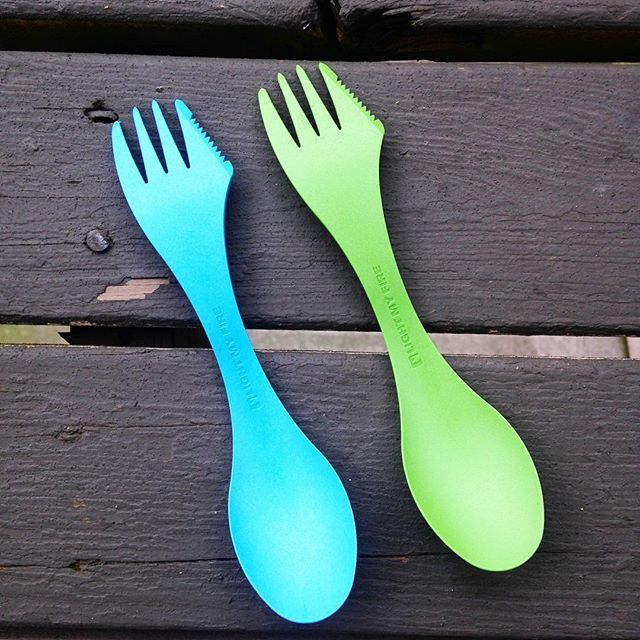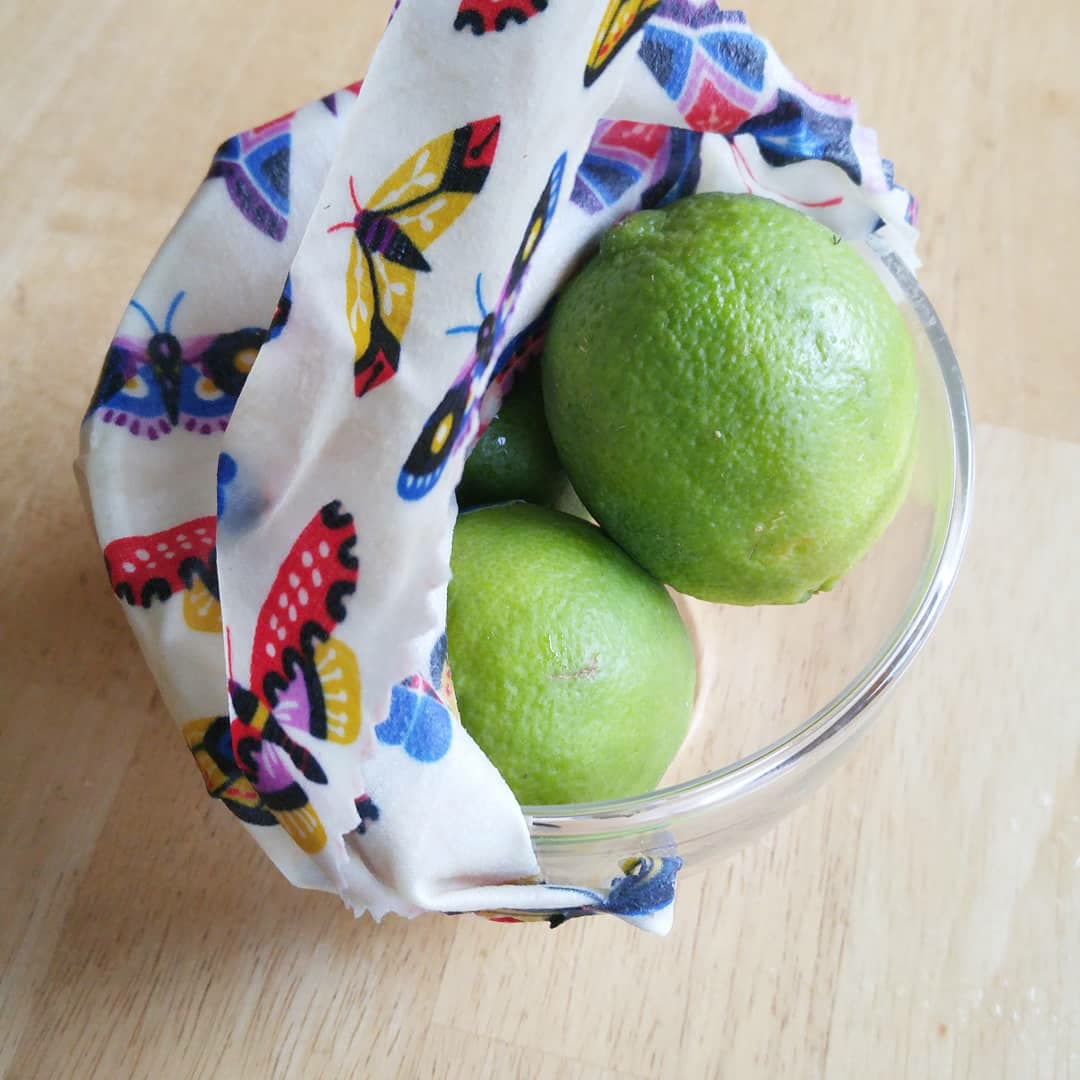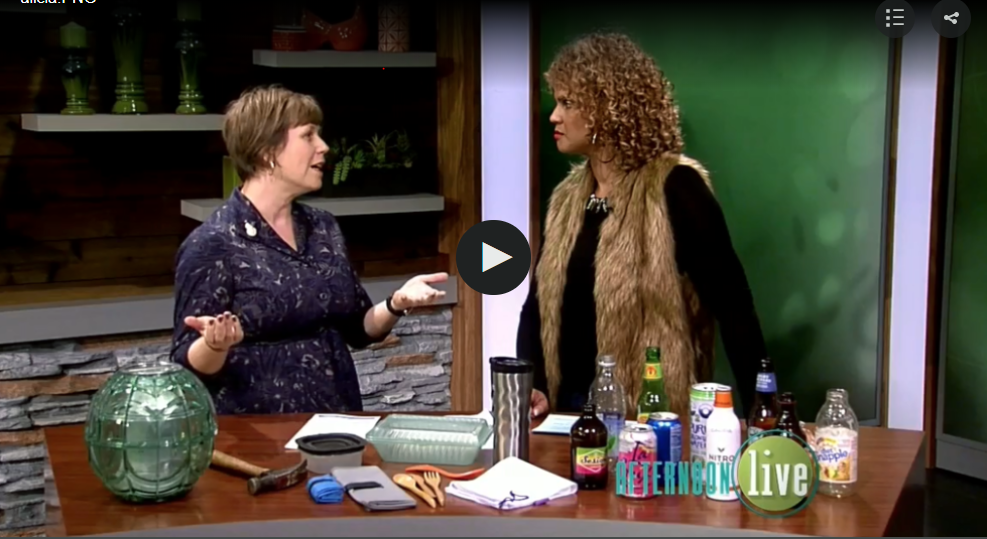At Portland’s community-run libraries, you can borrow tools for your home, yard, and garden – from drills and saws to lawnmowers and weed whackers. Whether it’s a minor repair or a major project, they’ve got tools for carpentry, plumbing, electrical work, and more.
How it works
1. Find your nearest tool library
2. Sign up to become a member
Go to your nearest tool library’s website and look for a “become a member” section. Many tool libraries ask you to fill out a membership form on their website and then bring an ID and some proof of address (like a bill) to the tool library to confirm you live in the neighborhood to finalize your membership.
Everyone is welcome to join, whether you live in a house or apartment, rent or own.
3. Find out when they’re open
Most tool libraries are open on Saturdays from morning through early afternoon. Some are also open during an evening or two during the week.
Tip: Check tool availability before you go
Check your tool library’s website to see if they have the tools you need and if they’re in stock when you need them. If the tools are checked out, you can see when they’re due back.
Save money and space
You can save money by borrowing tools for free instead of buying them. Just make sure to return them on time to avoid late fees. Some tool libraries ask for a suggested donation when you join, but no one will be turned away for a lack of funds.
Plus, borrowing tools will avoid cluttering your closet, basement, or garage with tools you only use once a year.
“Everyone who comes in here says it’s amazing. People can’t believe we have everything they need.” - Thomas C., NE Portland Tool Library volunteer
Meet your neighbors and get advice
Tool libraries are a great place to get advice from neighbors on which tools will work best, how to avoid common mistakes, and which local shops offer the project supplies you need. Plus, some tool libraries offer workshops on repair and remodeling.
Save energy and natural resources
For every tool that doesn’t have to be purchased new, you’ve saved the energy and natural resources needed to manufacture it, as well as the carbon emissions from extracting raw materials, turning them into new products, and transporting them to the stores where you buy them.
A 2015 study showed that one year’s worth of North Portland Tool Library’s tool loans was the carbon emissions equivalent of taking thirty-five cars off the road for a full year.
Keep tool libraries thriving: Volunteer and donate
Portland’s tool libraries are completely volunteer-run and they’re always looking for more volunteers.
You don’t need to be a tool expert to volunteer. The most important job at the tool library is welcoming neighbors and checking tools in and out.
Other ways to volunteer include fundraising, repairing damaged tools, taking photos of tools, managing the tool library’s newsletters or social media, or serving on volunteer boards.
“I love volunteering here, and so do the other volunteers.” - Thomas C., NE Portland Tool Library volunteer
Monetary donations go a long way for tool libraries. They allow them to purchase and maintain tools, promote the library to the community, find and train volunteers, and more. Jason Naumann, former Green Lents Tool Library board member, says that funding is critical for “pushing forward our shared objective of waste reduction.”









